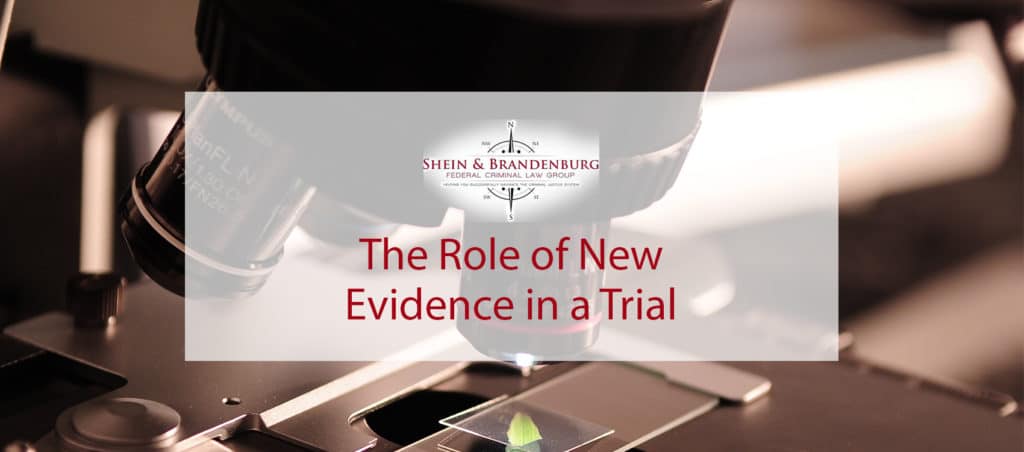Supreme Court Case Denies Petition in Federal Criminal Trial
The United States Supreme Court recently rejected a man’s petition for further DNA testing of a crime scene, which the man claims will establish his innocence. The man in question was convicted of a 1996 murder and sexual assault of a woman. In 2015, the man’s execution was paused shortly before it would have occurred. This case highlights the importance of evidence in a federal criminal trial. Understandably, a large number of appeals are based on evidence, including claims that new evidence would exonerate the defendant. In these situations, it is a wise idea to get the help of a skilled federal criminal appeal lawyer. It is also helpful to understand how these appeals are made because they involve a distinct and sometimes complex area of law.
Response to the Supreme Court’s Denial
The man’s legal counsel had hoped that the Supreme Court would take up the constitutionality issues raised in the case due to the rejection of DNA testing.
In the denied petition to the Supreme Court, the man also argued for further DNA testing of other evidence involved with crime. The Texas Court of Criminal Appeals has already rejected the man’s request for this additional testing despite claims by the man’s legal counsel that the rejection violated his due process rights and right to access courts. The man’s legal counsel also argues that the Texas Court of Criminal Appeals applied an “unfair and novel” perspective of the chain of custody requirement, which included a requirement of lack of containment that does not appear in the criminal code.
In response to the Supreme Court’s rejection, the prosecution has already announced plans to pursue compensation in a federal court.
The Role of Newly Discovered Evidence
It is not uncommon for newly discovered evidence to arise after a person is convicted of a criminal offense. Sometimes, newly discovered evidence that establishes a person’s innocence is used to challenge a conviction. While newly discovered evidence can be almost any type of evidence, most often it includes:
- DNA evidence that exonerates a person
- Evidence related to mistaken identity or that the person who was convicted was mistaken with the person who committed the offense
- Eyewitness evidence that establishes someone else committed the crime or that the person convicted could not possibly have committed the offense
- Forensic evidence showing an underlying injury or other evidence that the injury in question was caused by someone else
Appeals based on these issues frequently involve complex rules, which is why it is often difficult to navigate these issues without knowledgeable legal representation. As a result, many people who are aware of newly discovered evidence that is not reflected in the trial court’s record or other appealable issues find the assistance of skilled legal counsel essential in creating a strong appeal.
Obtain the Services of a Skilled Criminal Defense Lawyer
The legal counsel at the Federal Criminal Law Center has assisted many people engaged in the appeal process. If you require the assistance of skilled legal representation during your appeal, contact our firm today for a free case evaluation.


